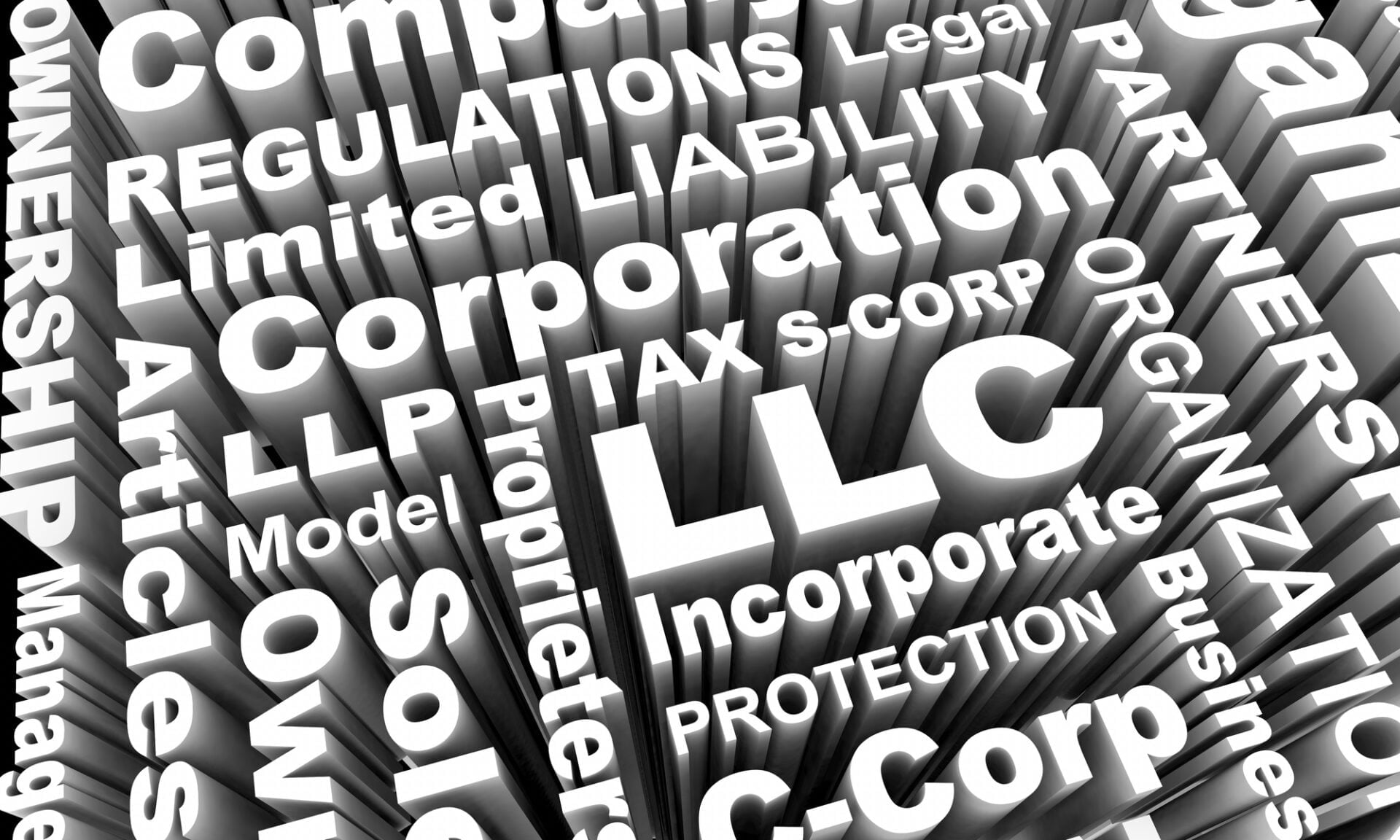T-A-X FAQs: Can the IRS Levy Your LLC for Personal Taxes?
by Abdul Aziz Mondal Finance 01 February 2019

While the biggest companies in the US aren’t paying that much in taxes, small businesses and LLCs pay at a much higher rate. If you get buried under your tax debt, you might end up with an IRS levy on your LLC over your own personal taxes. If this happens to you, you need to act quickly and efficiently to ensure that your business doesn’t go under because of taxes.
Here is everything to know if you’re in fear of or dealing with an IRS levy.
Backtracking After a Bank Account Levy:
 If you’re stuck scratching your head after your bank account was levied, you might be both upset and frustrated. The IRS can’t take money out of any account they choose for no reason at all. There’s such a thing as due process in the country and this would be a major violation.
If you’re stuck scratching your head after your bank account was levied, you might be both upset and frustrated. The IRS can’t take money out of any account they choose for no reason at all. There’s such a thing as due process in the country and this would be a major violation.
However, if you owe the IRS money and they’ve sent you notices, then you’re required to submit a resolution to repay that balance. If you haven’t done that, they may pursue other action, that could include levying your bank accounts.
If you owe a lot in back taxes, you should pay them all off as soon as possible. However, that’s not always possible for every person, so you should be aware of your rights.
Payroll tax deposits are the most likely problem. It is quite common for the IRS to levy a business when they have not been making their federal tax deposits. If you’re the sole proprietor of your LLC and you owe personal taxes, your bank account could be levied by the IRS depending on your delinquency.
While it’s partially a call for your attention, it’s also a way for them to get the money they need from you. Failure to meet their demands is usually the reason why this happens.
Understanding How It Happened:
Note that the IRS has real and substantial due process requirements that they have to meet before they can touch your money. If they’ve issued a series of notices over the course of several months, they’re entitled to take next steps.
The IRS can submit a “notice of the intent to levy” to you, which is a precursor to their determination. If you don’t pay your taxes, they’ll issue some notices beforehand that you’ve got a balance due. Following a reasonable period of time, they can then start their levying.
Their final notice of an intent to levy is your last chance to pay your taxes. Following this, they can start levying without letting your business know. They’re entitled to seize money from your bank so long as they sed a copy of the notice to both you and the bank.
Some business owners might still be surprised if they don’t watch their mailbox. Those notices that come to the business are the opportunity for them to resolve their problem. If they fail to respond, then there’s no excuse left.
How to Respond to a Levy:
If you owe the IRS and haven’t fixed your problems yet, expect to be levied. If you want to respond, you need to take the issue seriously and act quickly.
First, take note of when the bank processed the levy. This is important to manage your response. Then think about how much money was in your account when your levy hit.
If you know that as well as how much money was taken from your account, you’ll determine what to do next. If the amount taken was different than how much the levy was for, take note of that.
The money in your account will become frozen once the IRS puts a levy on that money. The day they receive the approval for their levy, your money is put on freeze for 21 days, which is how long you have to rescue your money from the freeze.
When you’re running an LLC, there could be a tight margin of money going out and coming in. IF you get hit with this, you need to respond quickly.
You’re entitled to get a release of levy if you have the right conditions. Your bank needs it within 21 days to ensure that the money isn’t already sent to the IRS.
You can expedite a release if conditions call for it. You’ll have to get on the phone with your bank ASAP and fax some paperwork over.
What Qualifies for a Release:
Getting a levy release is a challenge if you don’t meet the right conditions. You need to have a strong argument for it if you want to get your levy released. The IRS wants to hear a strong argument before you’re able to get them to approve it.
If you can’t pay your employees the payroll that they’re due, then you should let the IRS know. They need to be able to prioritize the people who could be impacted.
When there is a compliance problem that resolved your levy, then talk to them. If you’re going to use the funds to help comply with your tax problems, make a plan so they know you’re serious. You could get the LLC money released.
So long as you commit to rectifying your issues and any deadlines that you missed, you should be able to get back on track and release your money. Documentation, proof, and a good financial record are your best bet to ensuring you don’t lose out on this opportunity to make things right.
An IRS Levy Could Be Devastating:
If you’re a small business just trying to get by, you’re going to find that an IRS levy is a serious burden. If you face one, you need to find a way to get yourself out of it quickly.
If your financial accounting got you in this position, check out our guide to managing your company’s finances.
Read Also:



































































































